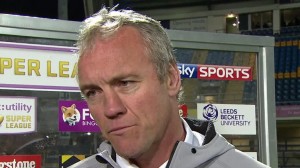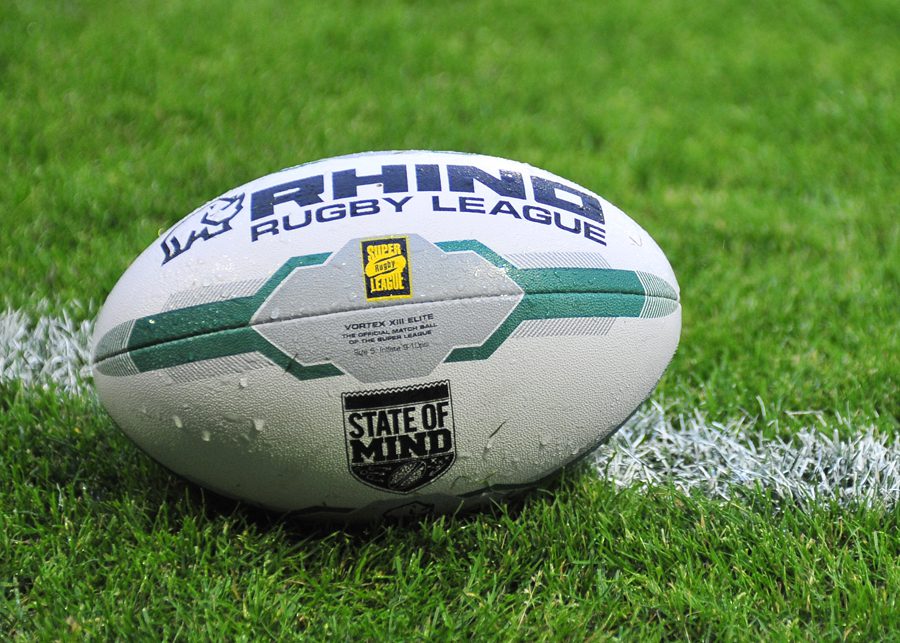Alone on the sideline or high in the stands. Lost in his own thoughts, exuding an ice-cool, immovable exterior while burning the most ferocious rage inside.
A coach seldom talks about the pressure he or she feels. Who cares, it’s their job right? That is what they are paid for. And if the team is failing, it is the coaches fault. You cannot change a whole team, even if it is not doing what the coach has explicitly trained them to do. So you change one person – the coach. With that brings incredible pressure. So why is this a pressure they are not allowed to show, or discuss?

Brian McDermott baring a glimpse of his soul to new captain Kallum Watkins is fascinating. This is a man who feels pressure, puts a huge amount of pressure upon himself, and is intensely introspective when things go wrong. This is also a tough and principled former marine intent on showing no weakness.
“Pressure comes from fear of outcome,” he says. “Pressure is from fear of getting the sack, fear of failure, or fear of not achieving what you want to achieve,” admitting that the fight with relegation took over his family, his social life, his everything.
He admits to Watkins that at the time he did not have the answers. This is only something that can be said in hindsight. A ship’s captain cannot keep the passengers calm if he admits he doesn’t know why it is sinking. Those close to McDermott, who is now one game away from guiding Leeds to the summit of world club rugby, know how much he was hurting.
Gary Hetherington kept faith while all around were wielding the axe, and there is now the chance for the ultimate redemption.
Sometimes that pressure gets too great. McDermott describes it as feeling someone has their hand in your gut, twisting, twisting. And that pain must stay private.
“You hide the pressure to protect the players, you need to show a positive outlook and hide any negativity,” says Phil Veivers, Salford coach under influential owner Marwan Koukash.
Veivers admits he struggled with the pressure of expectation and delivering the results that fans and hierarchy expected.

“My partner was the person I offloaded to and she really helped with the pressure,” says the Australian, who now presents talks for the sport’s mental health charity State of Mind. Veivers has also revealed a close network of fellow coaches would help each other through tough times.
“When I was dwelling on a losing run I would speak to a couple of coaches who I trust. You probably have one or two people in a lifetime whose opinion you respect. The coaches choice is the only choice and I learned early that you are either sacked or waiting to be sacked.”
Players are starting to talk about their mental health, with State of Mind and Sporting Chance there to assist. So are coaches just expected to deal with it?
When head coach Wayne Bennett arrived in England to coach the national team he joked that he preferred spending time at home with his animals than anyone in rugby, because they never asked him questions or answered back. A strong relationship with the media is not one that Bennett has ever courted or cared for, and this in itself brings its own pressures.
“You have to face questions straight after a game with the press or radio and that can be difficult” says Veivers. “I used to manage this by never criticising players, left open ended questions and ultimately my responses told them nothing and took them nowhere.”
The last three of Brian McDermott’s seven years at Leeds have been extraordinary; a treble, a near relegation, and then champions again. Having rode his own wave of turmoil and pressure, he is back to within 80 minutes of the ultimate prize.

